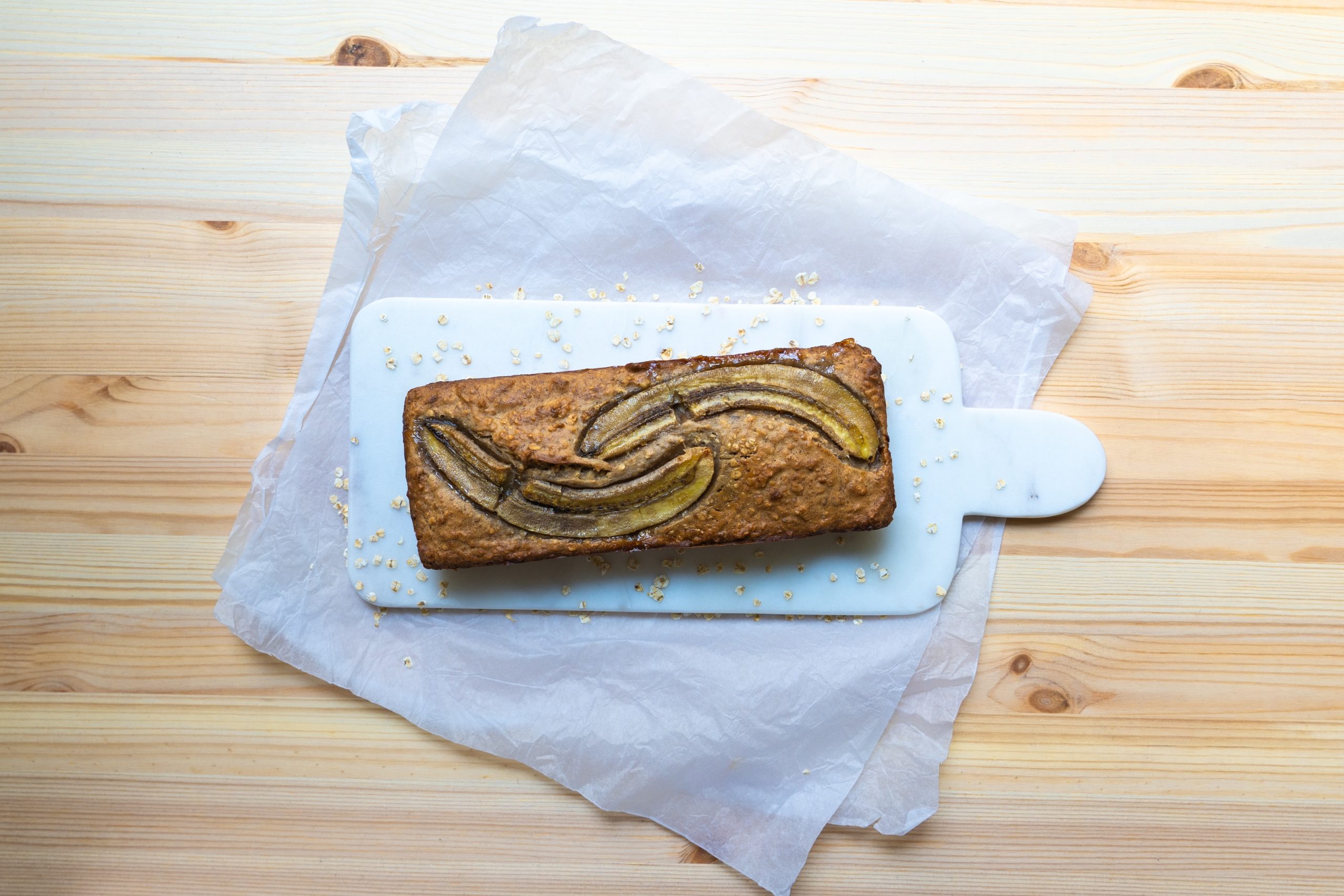
Reflections on the dietary impacts of the COVID-19 lockdown period
The closure of cafés, restaurants and work canteens during lockdown has imposed a significant change on the nation’s eating habits, with many of us now consuming all our meals at home. Time gained back from the daily commute has provided some with the welcome opportunity to reignite a love for home-cooking; my social media feeds have been filled with positive images of people finding pleasure in the wholesome comfort of nourishing the ones they love. But for others, the kitchen is uncomfortable territory and an added pressure at what is already a difficult time.
Undoubtedly, the changes in food availability, tighter purse strings and an increased focus on health have impacted our diets and relationships with food. Anecdotally, we hear of more people growing their own food, reducing food waste and making the effort to support local food suppliers. But exactly how the current situation has affected our diets and nutritional status is the topic of ongoing research, some of which you can contribute to here. My own PhD research explores the utility of supermarket transaction records as a measure of population diet; the primary data collection phase for which started just this week. I therefore have the additional challenge of acknowledging that data for the current period probably isn’t representative of the ‘norm’. But I also have a unique opportunity to contribute to understanding of how the nation’s diets adapted.
For some people, the lockdown has meant a struggle to put food on the table, with lost incomes and missed school meals seeing more families turn to Universal Credit and foodbanks for support. But we’ve also seen a tremendous community spirit, with innovative flexibility from businesses and local volunteers helping to bring food to the most vulnerable members of society.
Others have looked to nutrients as a means to ‘boost’ their immunity. Despite public health advice insisting that taking supplements cannot protect against COVID-19, a friend of mine working for a supplement manufacturer reports that she’s never been busier and is running out of national supplies. Indeed, that many nutrients have a role to play in the normal functioning of the immune response appears to contradict this message, highlighting just how difficult it is to communicate population dietary advice. A recent MyNutriWeb diet and immunity webinar series I attended highlighted the role of the ageing immune system (immunosenescence), and of our gut microflora in interacting with our immune response mechanisms (our guts contain ~70% of our immune cells). Although not exclusive to COVID-19, we may perhaps hypothesise that factors affecting our gut microbiota, may at least go a small way to explain some of the differences in response to the coronavirus that we’ve seen across the population. For example, older adults living in residential care homes have lower gut microbial diversity than those living in community, associated with poorer health outcomes. This may result from reduced dietary diversity and environmental exposures (including surfaces in the outside world and from the kitchen in which food is prepared). But, is it possible that some people’s diets may have actually improved during lockdown? Cooking at home and eating together as a family are both associated with a healthier diet. Increased meal planning has helped many of us reduce food waste, and fewer shopping trips are benefitting the environment too. Not only can home-cooking improve our relationship with food, it is associated with higher fruit and vegetable intake and better nutrient profiles.
For example, around 75% of the salt we consume is already present in the foods we buy, mostly processed foods and those eaten out. So, cooking from scratch gives us the opportunity to take control of our salt intake. Like all nutrients, salt does have an important role to play in our bodies; for regulating fluid balance, enabling nerve transmission and, for muscle contractions. However, consuming too much salt puts us at increased risk of cardiovascular disease, stroke and stomach cancer. Salt’s properties make it extremely useful for the food industry. Firstly, it adds flavour, and not just saltiness; a small amount of salt also enhances our perception of sweetness, without extra sugar. Secondly, it increases the shelf-life of foods by inhibiting bacterial growth. Finally, salt influences the texture of foods by interacting with proteins. While recent food industry reformulation has helped us reduce our salt intake from 9.5g to 8.1g per day between 2003 and 2011, efforts have been poorer in the out of home sector, which isn’t subjected to the same labelling rules as the retail sector. And, as a nation, we’re still eating more than the recommended maximum 6g (1 teaspoon) per day for adults and children over 11 years. But continuing to cook from scratch, replacing salt with herbs and spices, and making our own spice mixes, sauces and marinades can help us to further reduce our salt intake. As we cut down on salt, our tastes also change.
Our food choices and shopping habits are entwined with multiple aspects of social context, including affordability, car ownership, cooking skills, and cultural norms. And so, our ‘food experiences’ of the COVID-19 lockdown period will be vastly different, dependent on our situation, and likely to follow a socioeconomic divide which may indeed serve to widen dietary inequalities.
But just as we’re looking to emerge from lockdown with a more balanced and sustainable outlook on many aspects of our daily lives, whether that’s more flexible working hours, or a continuation of homeworking and the environmental benefits of reduced commuting, there is also potential for a fresh outlook when it comes to diet. What if we could harness the positive resilience that many have shown? What if the ‘dig for victory’ attitude, the community support networks, and the scratch-cooking revolution could indeed become some of the lasting legacies of the hardships of lockdown?
Adapted from a University of Leeds, School of Geography Viewpoint piece released on 1st June 2020.

